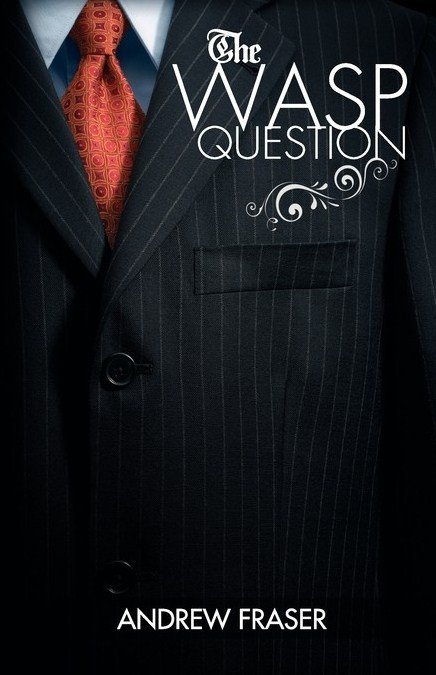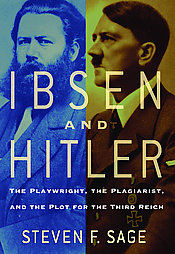The Lost Soul of WASP America, Part 1
Introduction
The sweeping gains by the Republican Party in the 2010 mid-term Congressional elections were due in large part to the growing strength of America’s grass-roots Tea Party movement. Tea Party activists are overwhelmingly White; their stated goal is to roll back the federal Leviathan now headed by America’s first non-White President. Predictably, therefore, liberals interpret the Tea Party phenomenon as a manifestation of White “racism.” Equally predictable are Tea Party attempts to deflect such accusations by backing the Black Republican Presidential candidate Herman Cain. For a while, even some White nationalists hoped that the Tea Parties would evolve into an explicitly ethnonationalist political movement. It is now obvious that that will never happen.
At heart, the Tea Party movement is not about politics as such, i.e. who gets what, when, and where. Still less does it promote a surreptitious style of identity politics tailor-made for White folks. Instead, the excitement generated by the Tea Partiers resembles a corporate media-savvy revival of the old-time religious fervour for which America is famous.
The Tea Party movement is another episode in the long history of evangelical enthusiasm which has driven the permanent (or at least very long-running) American Revolution since it broke out in the eighteenth century. The radicalism of that revolutionary upheaval is still fuelled by a potent mixture of politics and religion. Well before the American Declaration of Independence, the first Great Awakening laid the foundation for the constitutional faith that transformed colonial Englishmen into homo Americanus. In the early nineteenth century, a second-stage evangelical revival fertilized the spiritual seedbed of secession and Civil War. Read more








